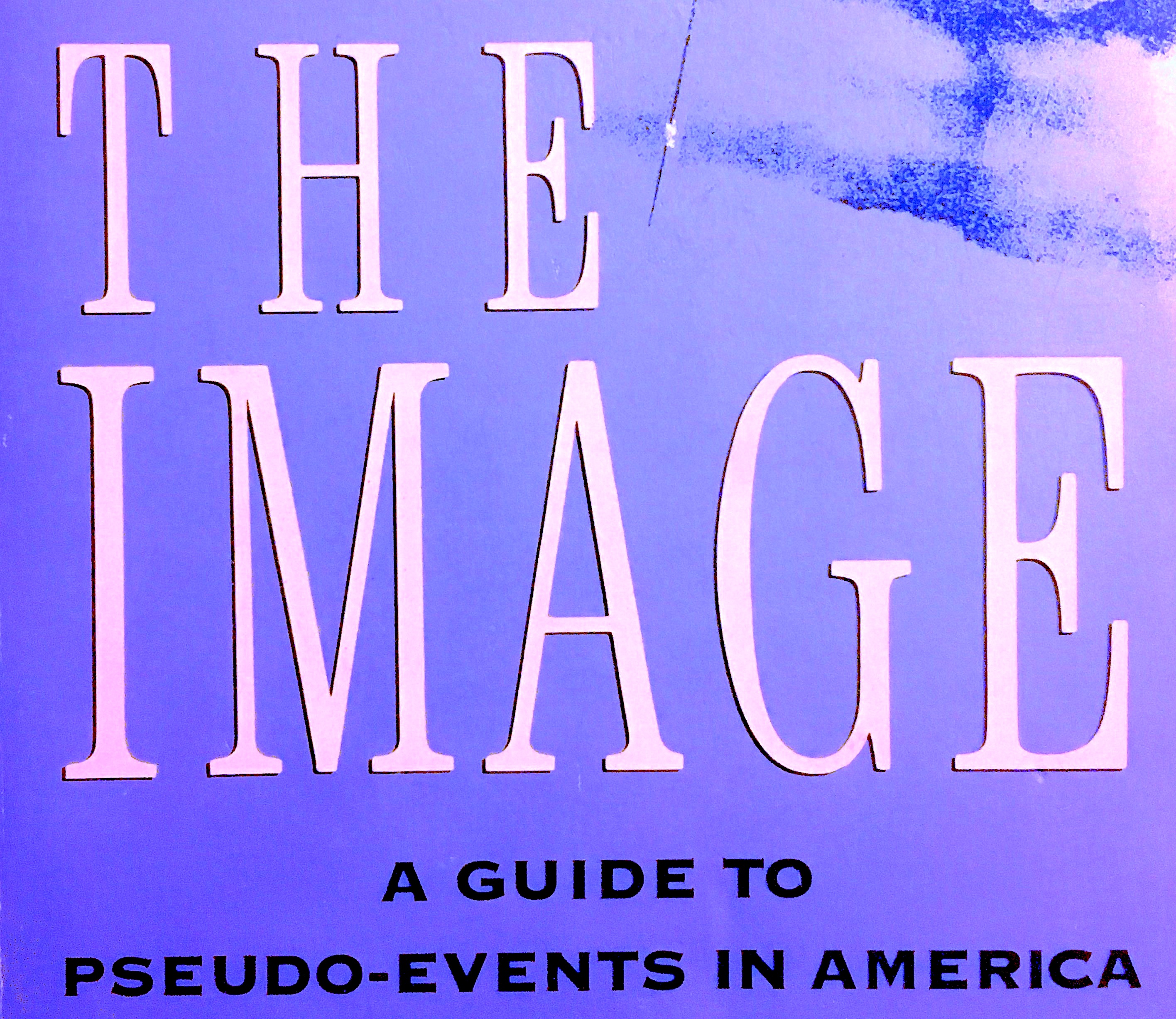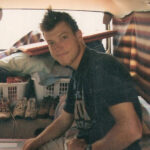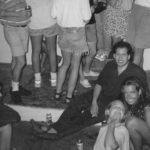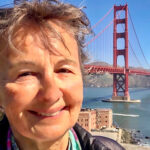In the wake of the 2016 presidential election, media pundits have pinpointed a number of seeming prophets — philosopher Richard Rorty, Supreme Court justice David Souter, the TV show Black Mirror — that anticipated the conditions of the election before they happened. To me, the most salient prognostication of 2016 comes from historian Daniel J. Boorstin’s 1962 book The Image: A Guide to Pseudo-Events in America.
Megan Garber already touched on this in a recent article for The Atlantic (she calls The Image “a blistering indictment of newspapers and television and Hollywood”). But in the interest of letting Boorstin’s words speak for themselves, I’ve highlighted six quotes that seem particularly predictive of what happened in 2016.
1) On Confusing Believability With Truth
“When ‘truth’ has been displaced by ‘believability’ as the test of the statements which dominate our lives…ingenuity is devoted less to discovering facts than to inventing statements which can be made to seem true.”
2) On Confusing Fame With Greatness
“We have willingly been misled into believing that fame — well-knownness — is still a hallmark of greatness. Our power to fill our minds with more and more ‘big names’ has increased our demand for Big Names and our willingness to confuse the Big Name with the Big Man.”
3) On the Emotional Satisfaction of Stereotypes
“In one sense, of course, stereotypes — the excessively simple, but easily grasped images of racial, national or religious groups — are only another example of pseudo-events. But, generally speaking, they are closer to propaganda. For they simplify rather than complicate. Stereotypes narrow and limit experience in an emotionally satisfying way.”
4) On the Emptiness of the 24-Hour News Cycle
“An innocent observer might have expected that the rise of television and on-the-spot telecasting of the news would produce a pressure to report authentic spontaneous events exactly as they occur. But, ironically, these, like earlier improvements in the techniques of precise representation, have simply created more and better pseudo-events.”
5) On the Way Our Mass-Media Bubbles Isolate Us
“More and more of our experience thus becomes invention rather than discovery. The more planned and prefabricated our experience becomes, the more we include in it only what ‘interests’ us. Then we can more effectively exclude the exotic world beyond our ken: the very world which would jar our experience, and which we most need to make us more largely human.”
6) On the Anonymity of True Heroes
“In our world of big names, curiously, our true heroes tend to be anonymous. In this life of illusion and quasi-illusion, the person with solid virtues who can be admired for something more substantial than his well-knownness often proves to be the unsung hero: the teacher, the nurse, the mother, the honest cop, the hard worker at lonely, underpaid, unglamorous, unpublicized jobs. Topsy-turvily, these can remain heroes precisely because they remain unsung. Their virtues are not the product of our effort to fill our void. …They alone have the mysterious power to deny our mania for more greatness than there is in the world.”





